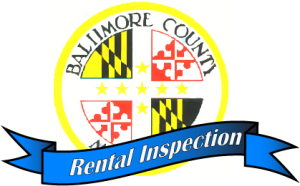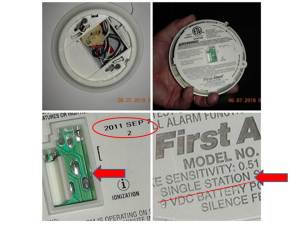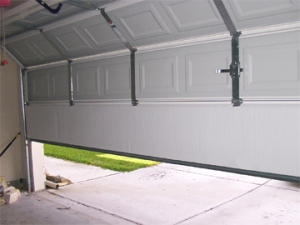You’ve found your dream home and signed a contract. Now you need a Home Inspection to make sur you aren’t buying a money pit.
You could just accept the Home Inspector your Realtor recommends. But wait, will that home inspector represent your interests or the Realtors?
You like your Realtor and believe he or she is a good person. But the truth is a Realtor is best served by an easy sale without a lot of negotiation. A “soft” home inspection without a lot of defects allows the Realtor to complete a sale without knowing the entirety of the homes problems. They can honestly deny any culpability for those things the “Soft Home Inspection” missed.
The best compliment I’ve ever received came from a Realtor who said they couldn’t use me (after two inspections) because I found too many things wrong. I couldn’t believe my ears. Isn’t that what you (as the buyer) want? To be in a position at settlement to consider all the defects!
Rest assured I work for you alone. That is the independence of Independent Home Inspection. I have no affiliation or obligation to anyone but you. I don’t sell your personal information or email to any third party marketers. You won’t be besieged with gimmicks and offers for your new home. Independent Home Inspection offers consistent results to reliable standards.
Bob Kenney CPI





